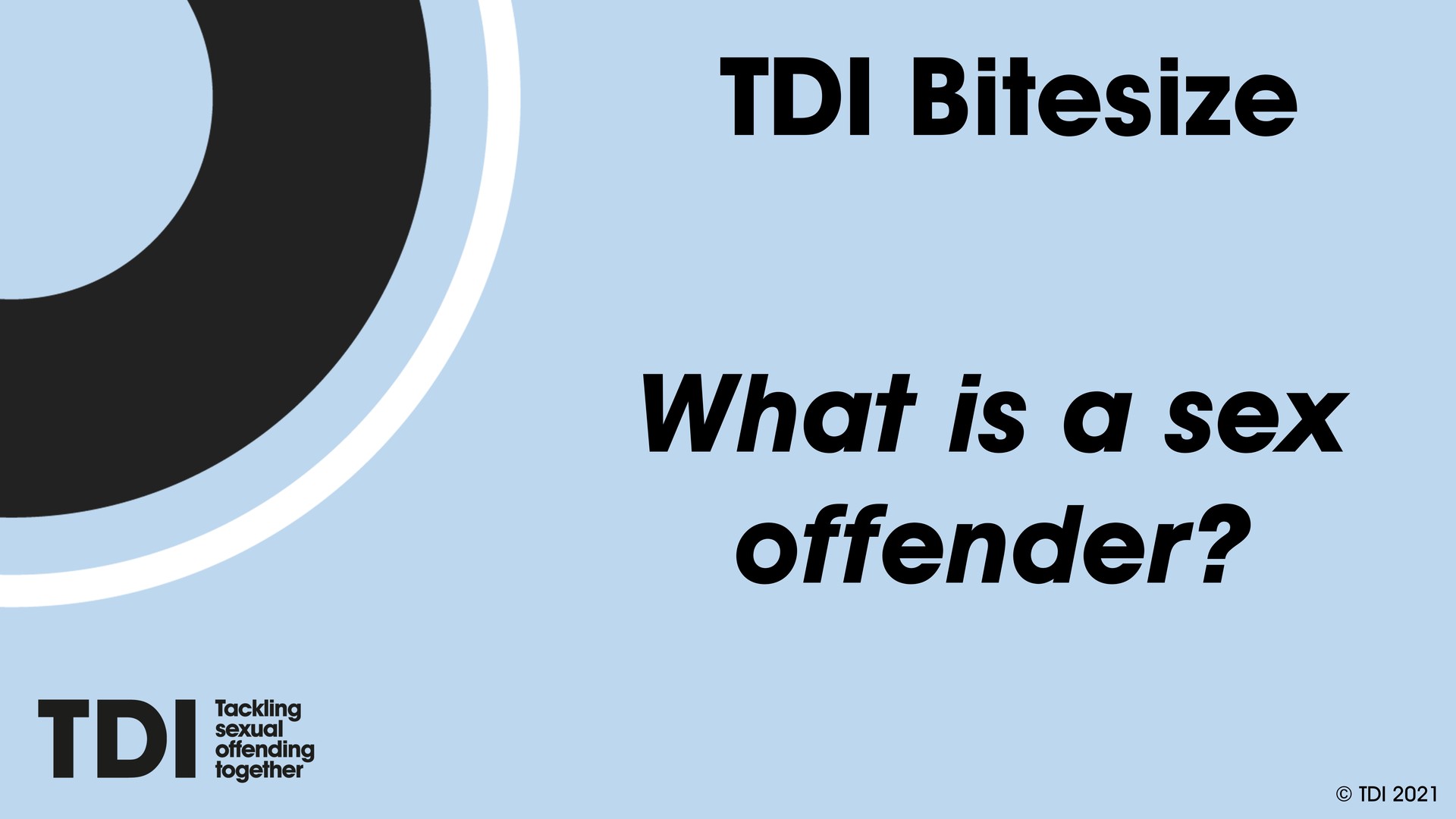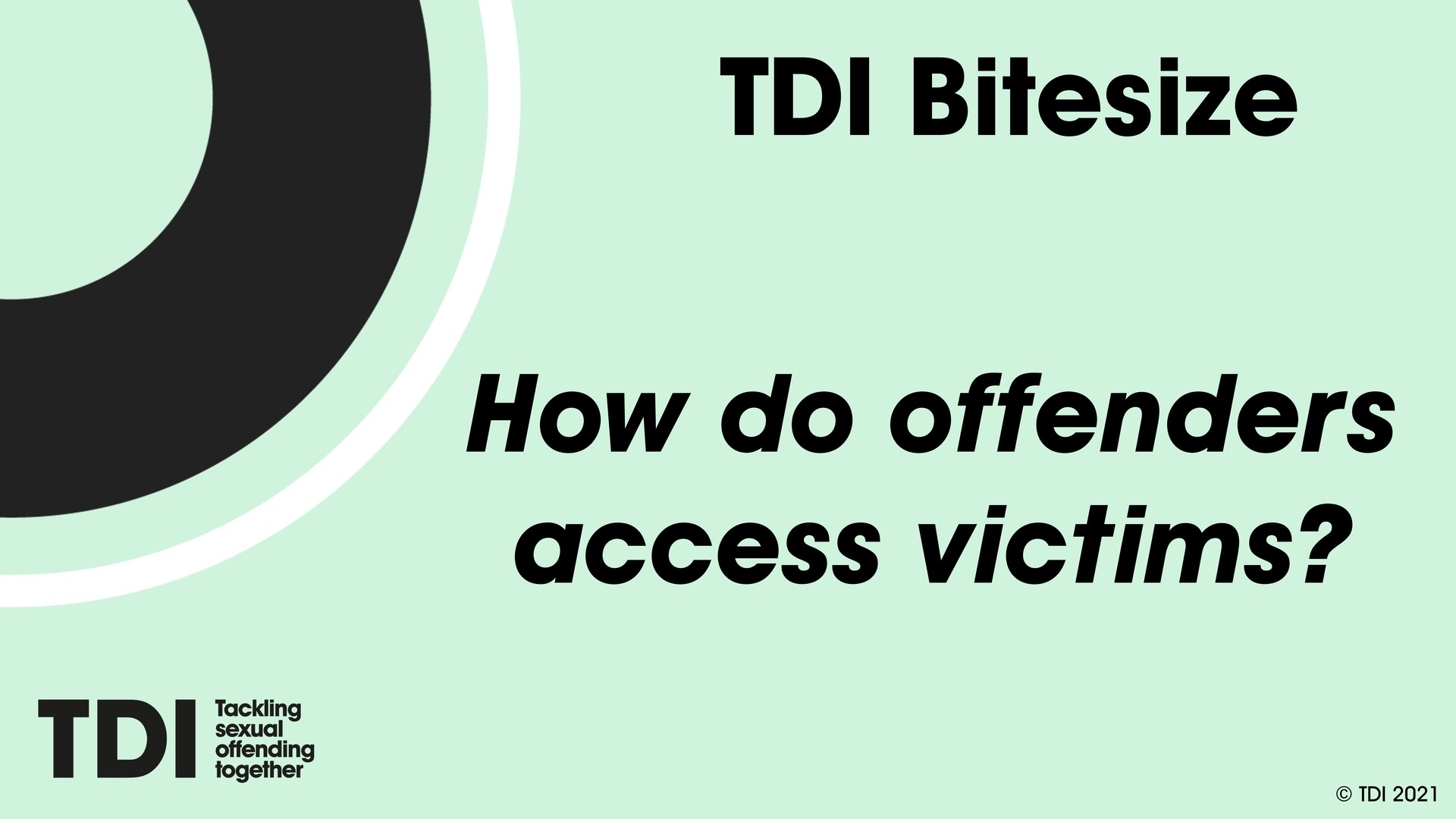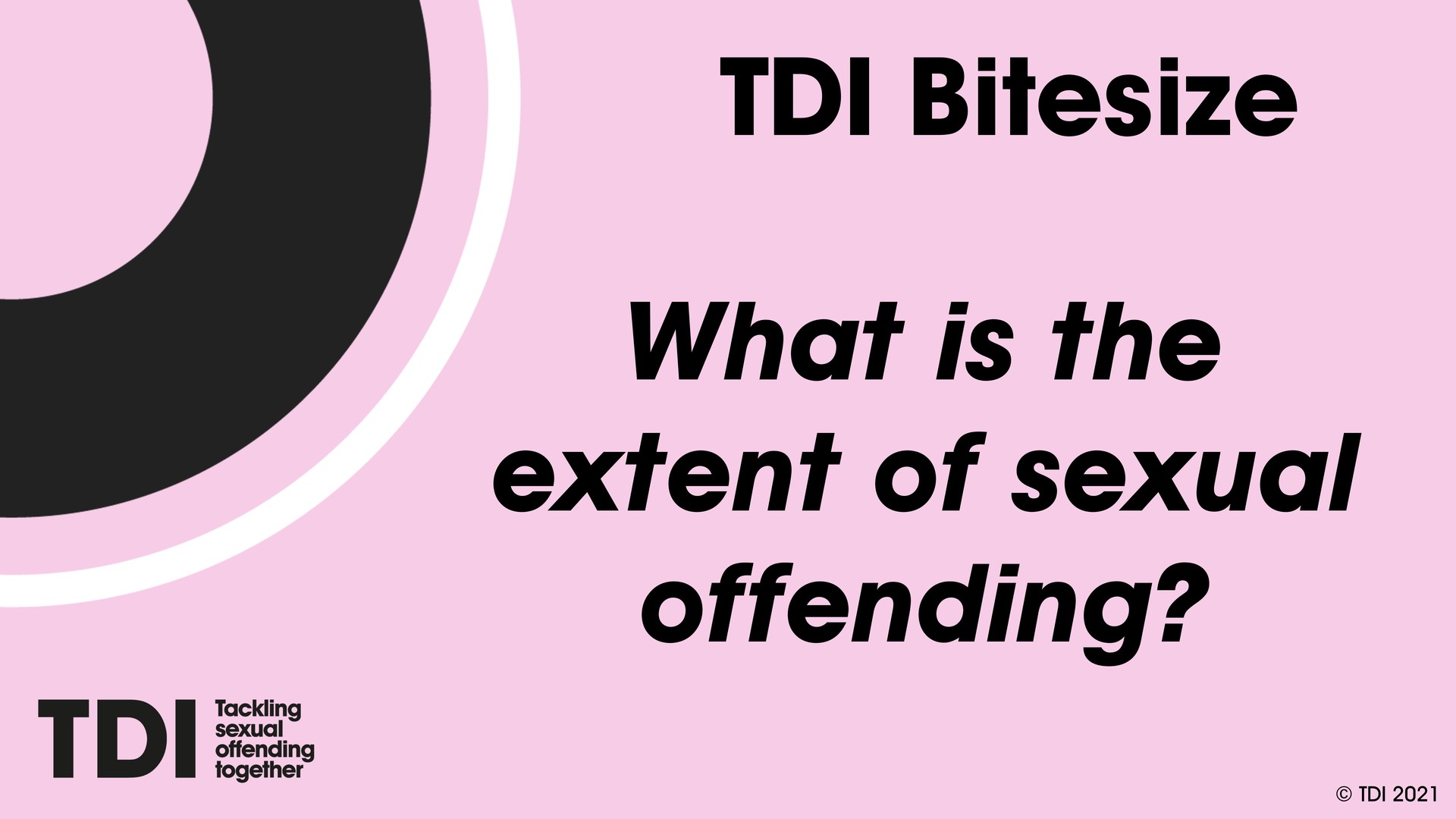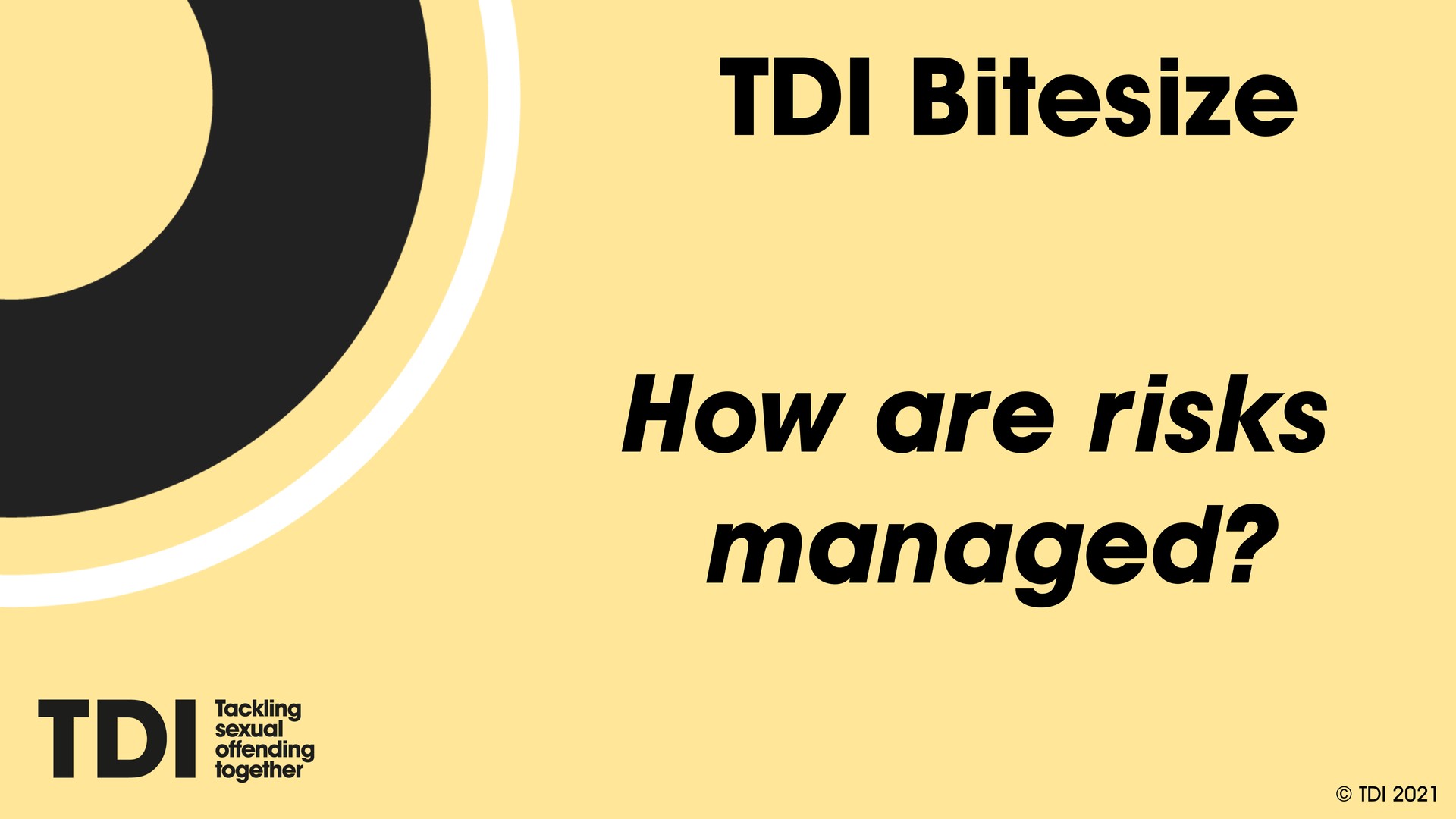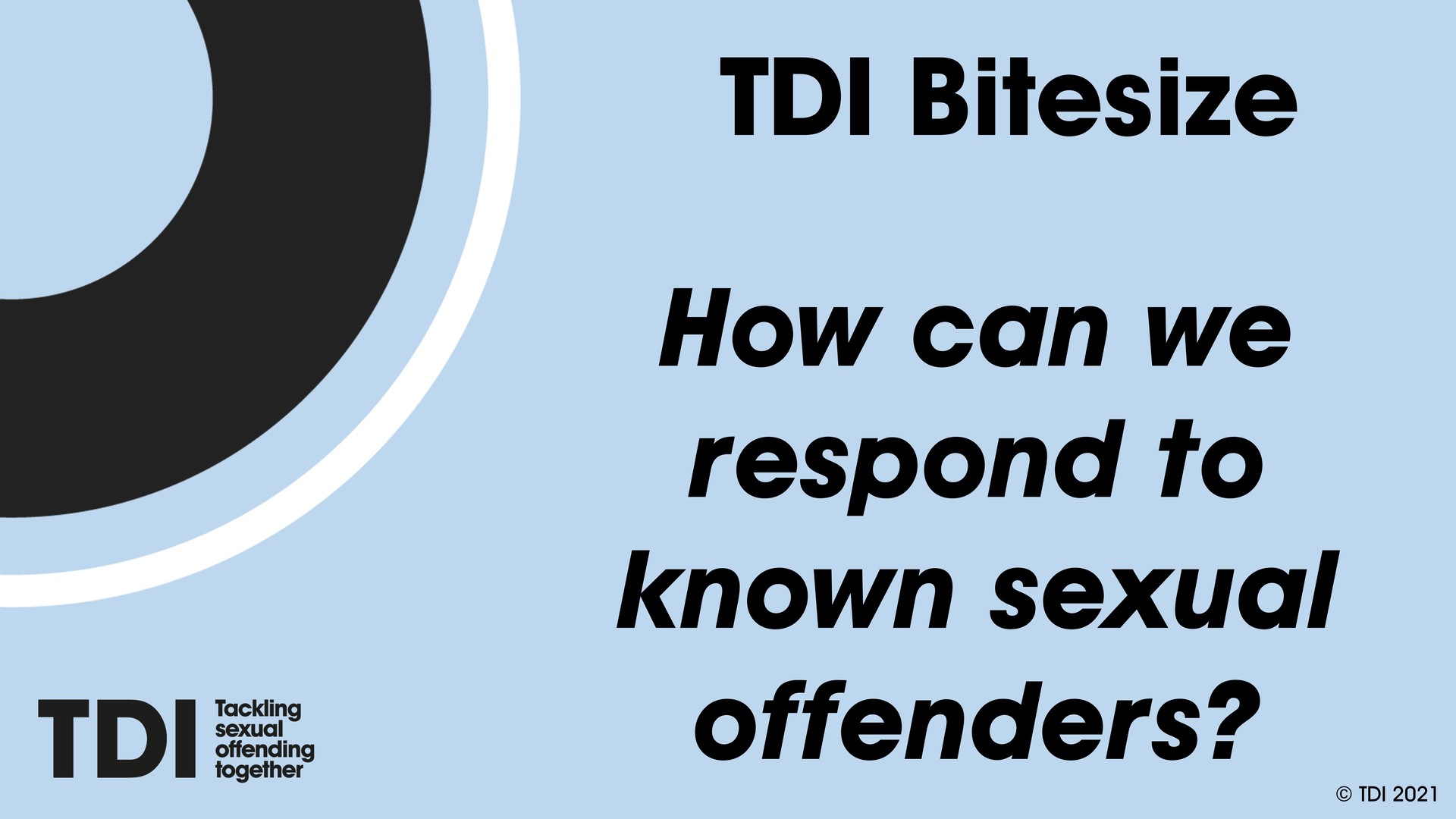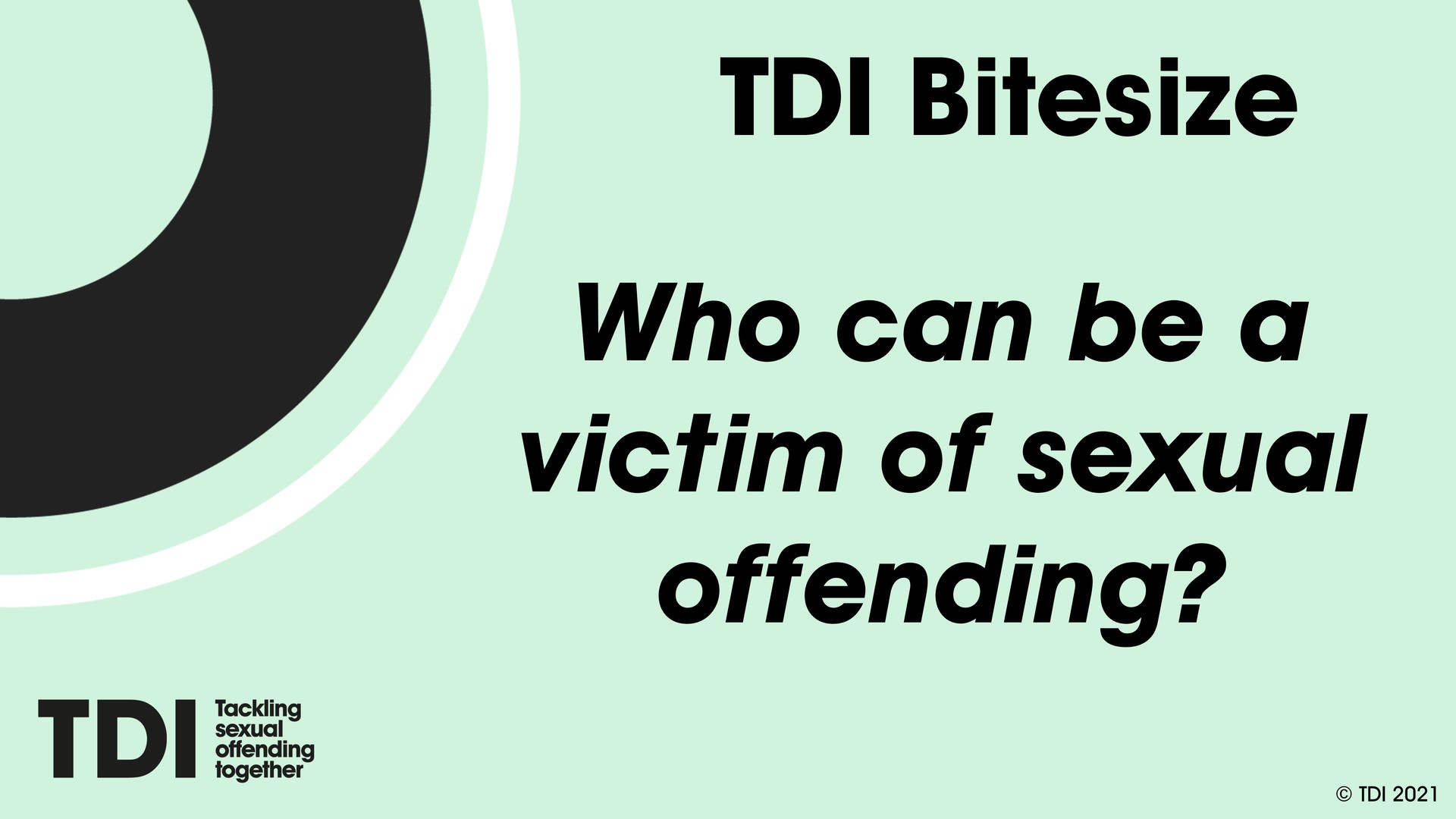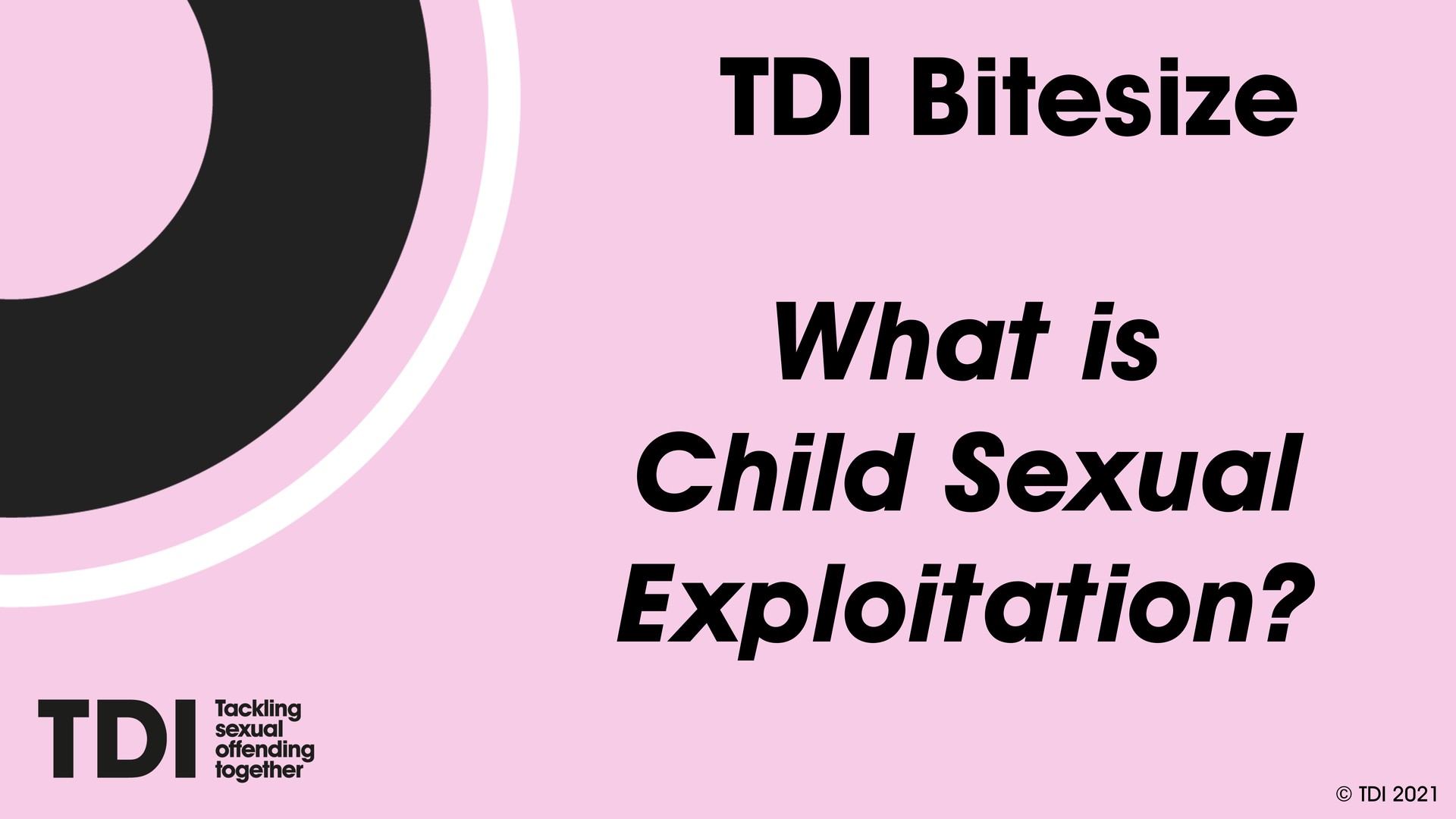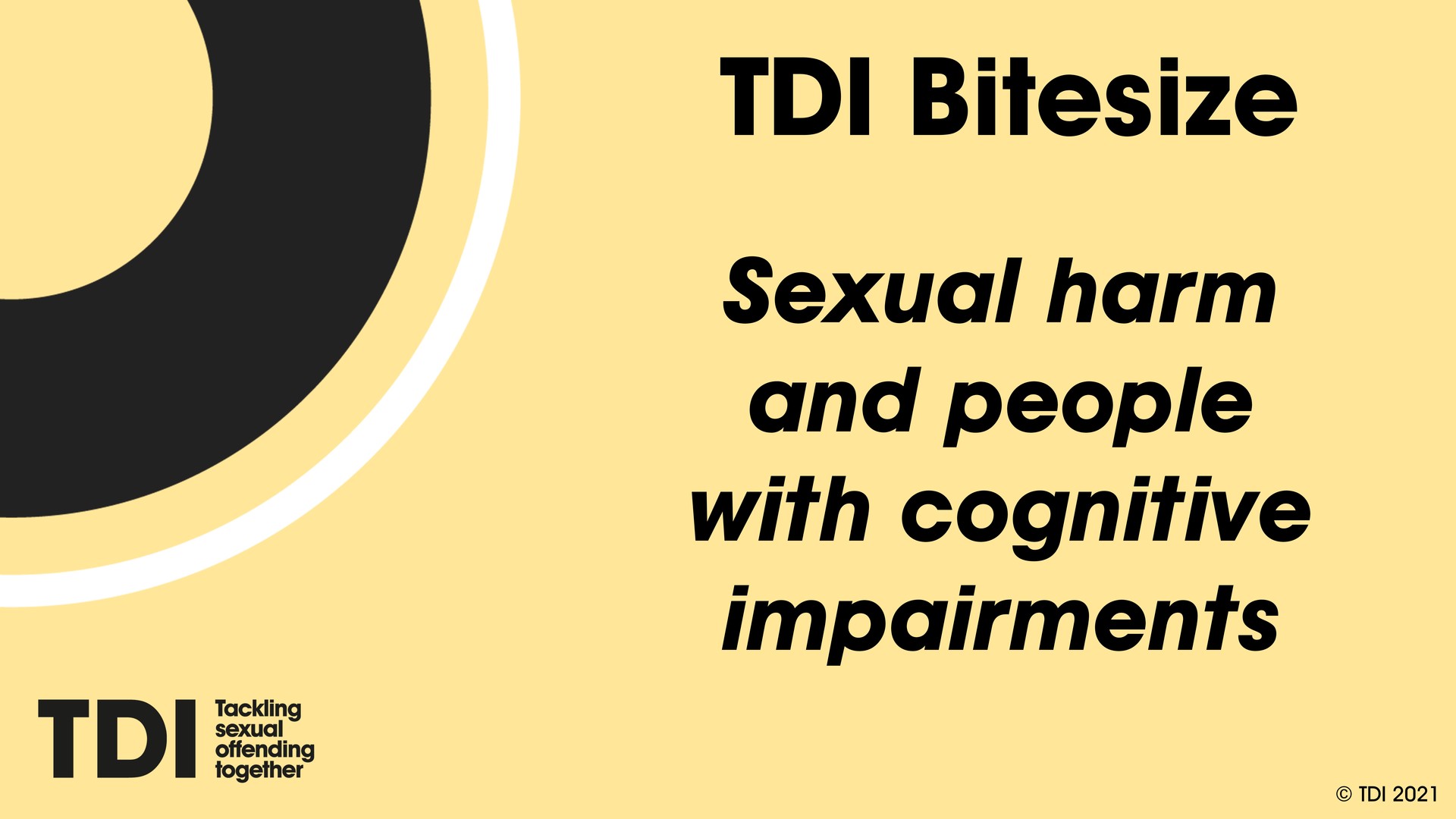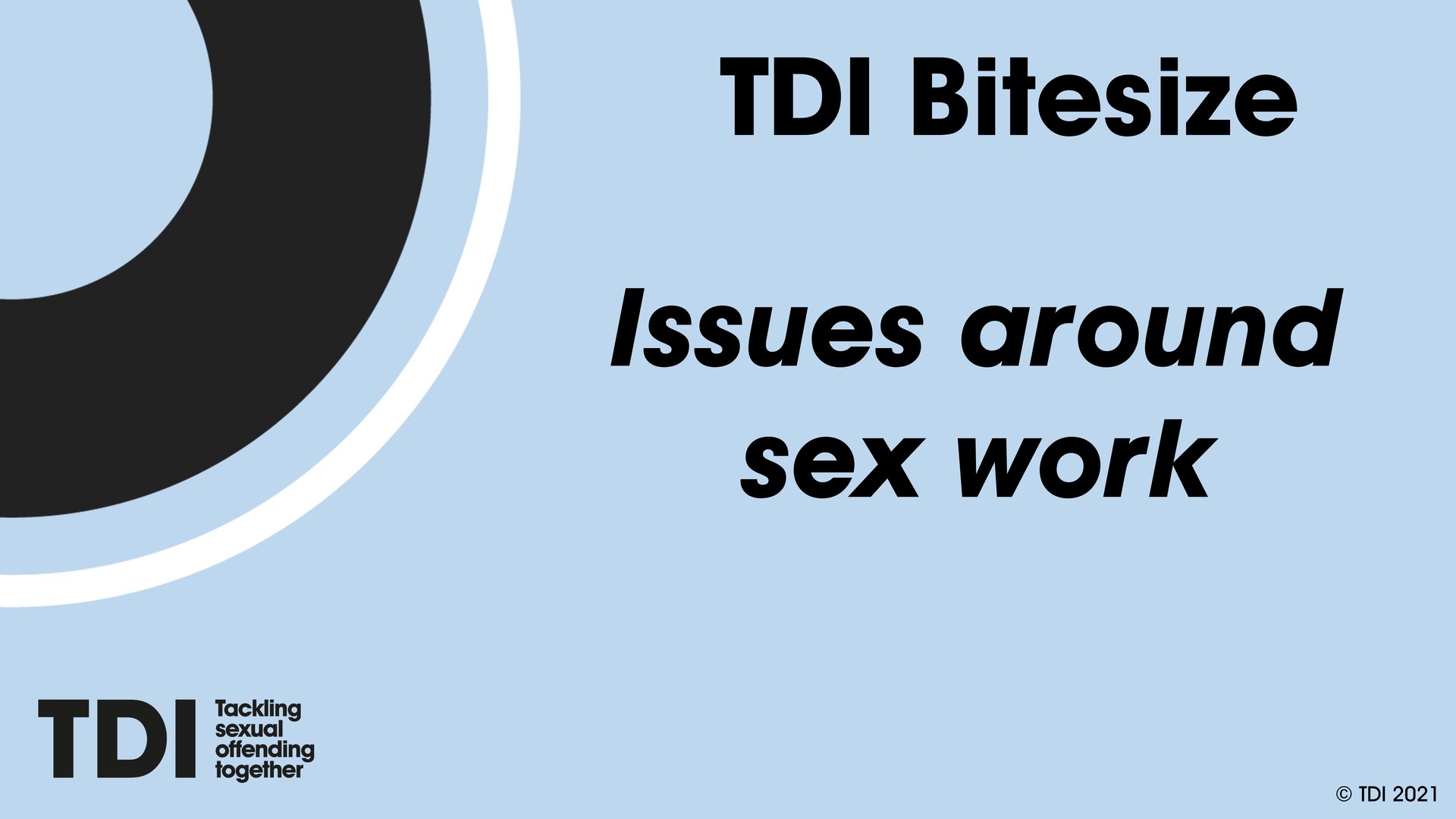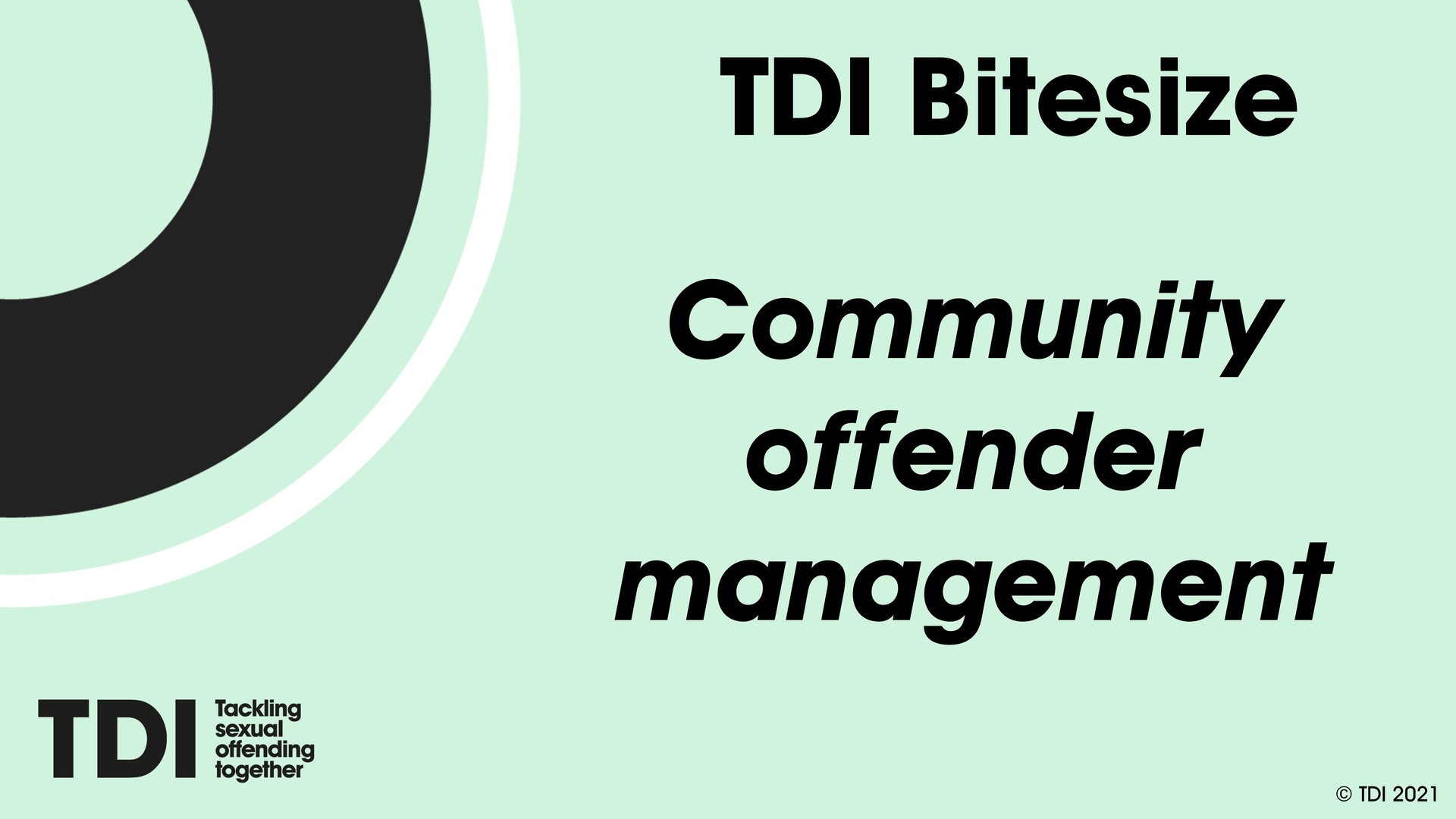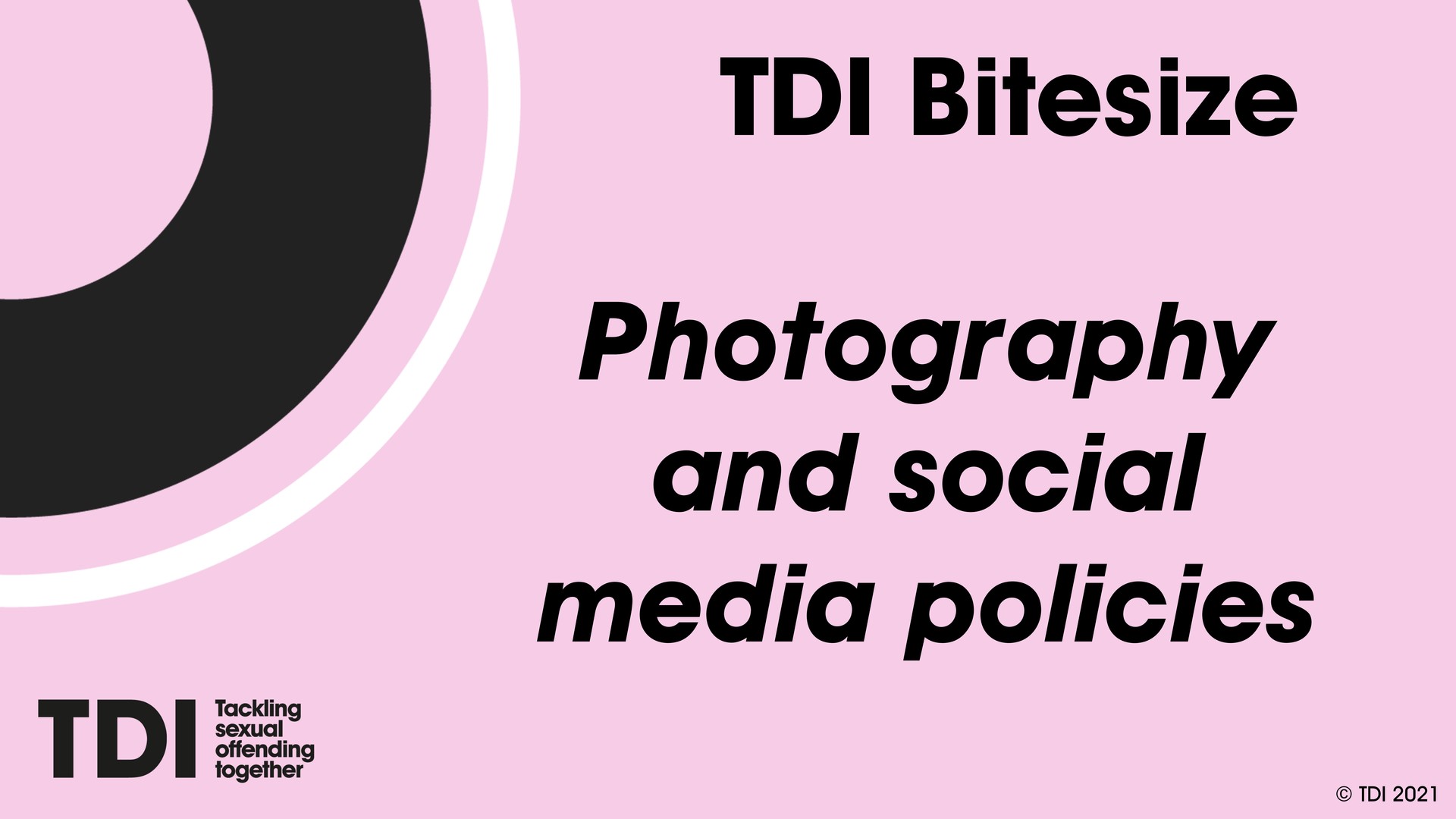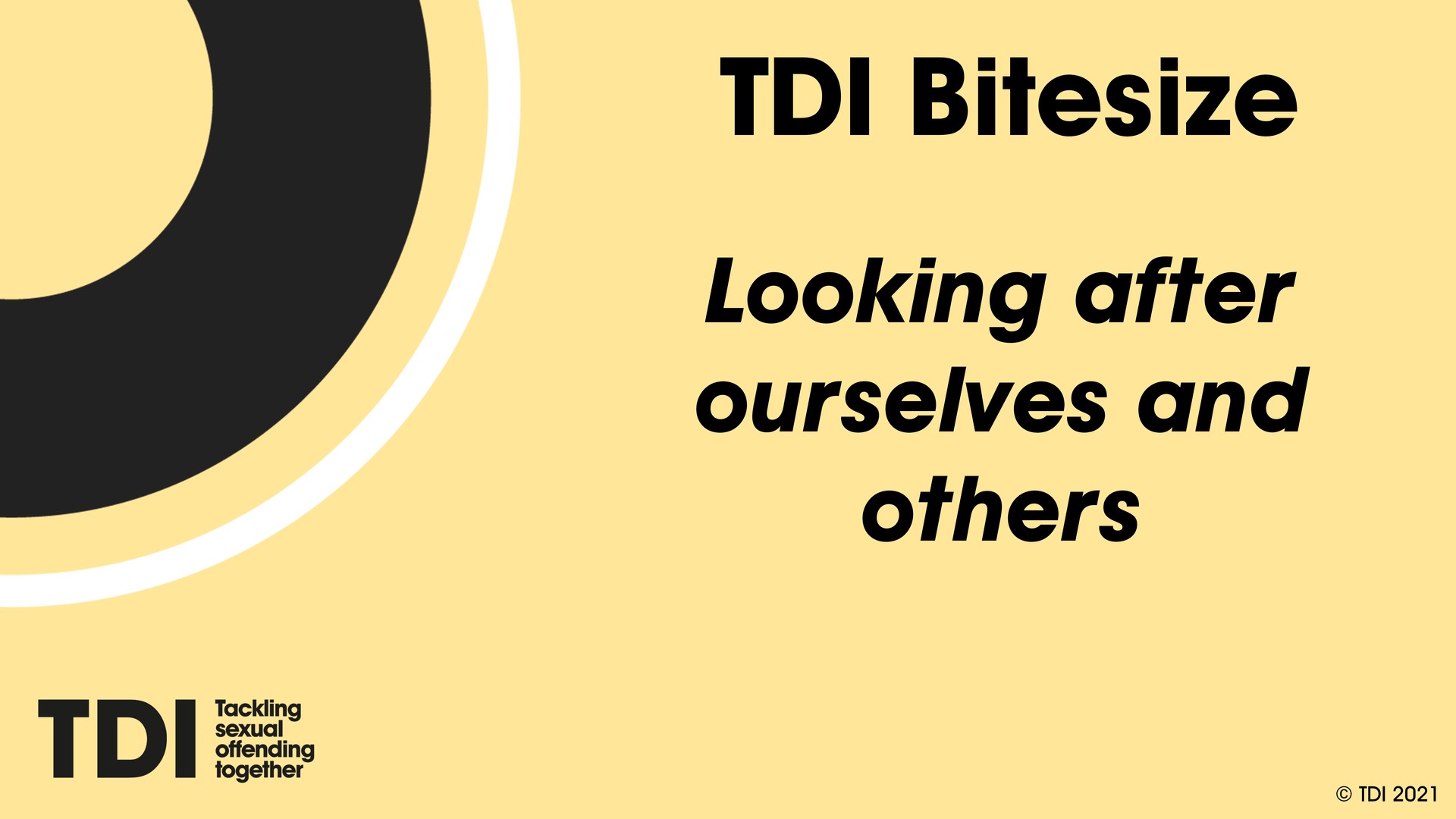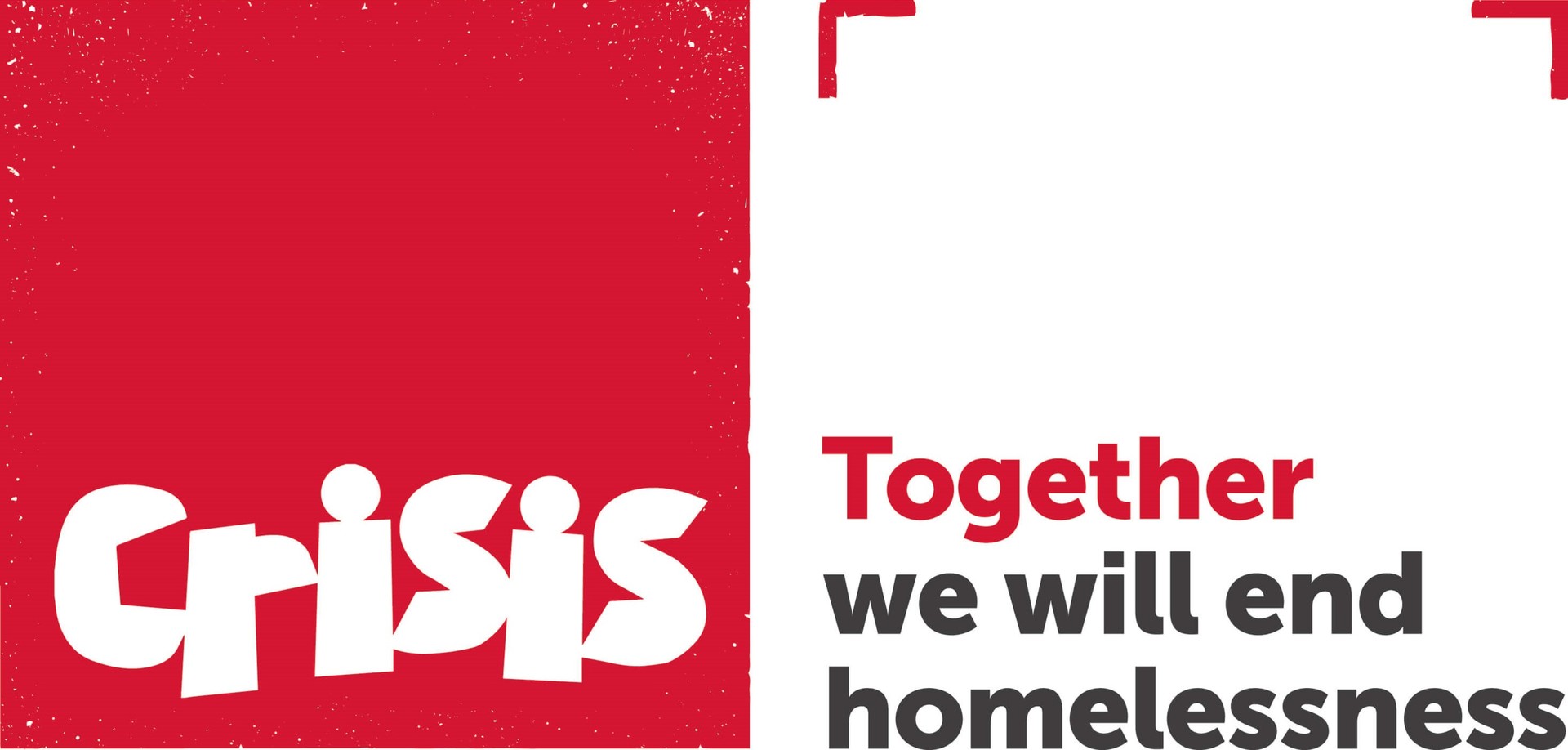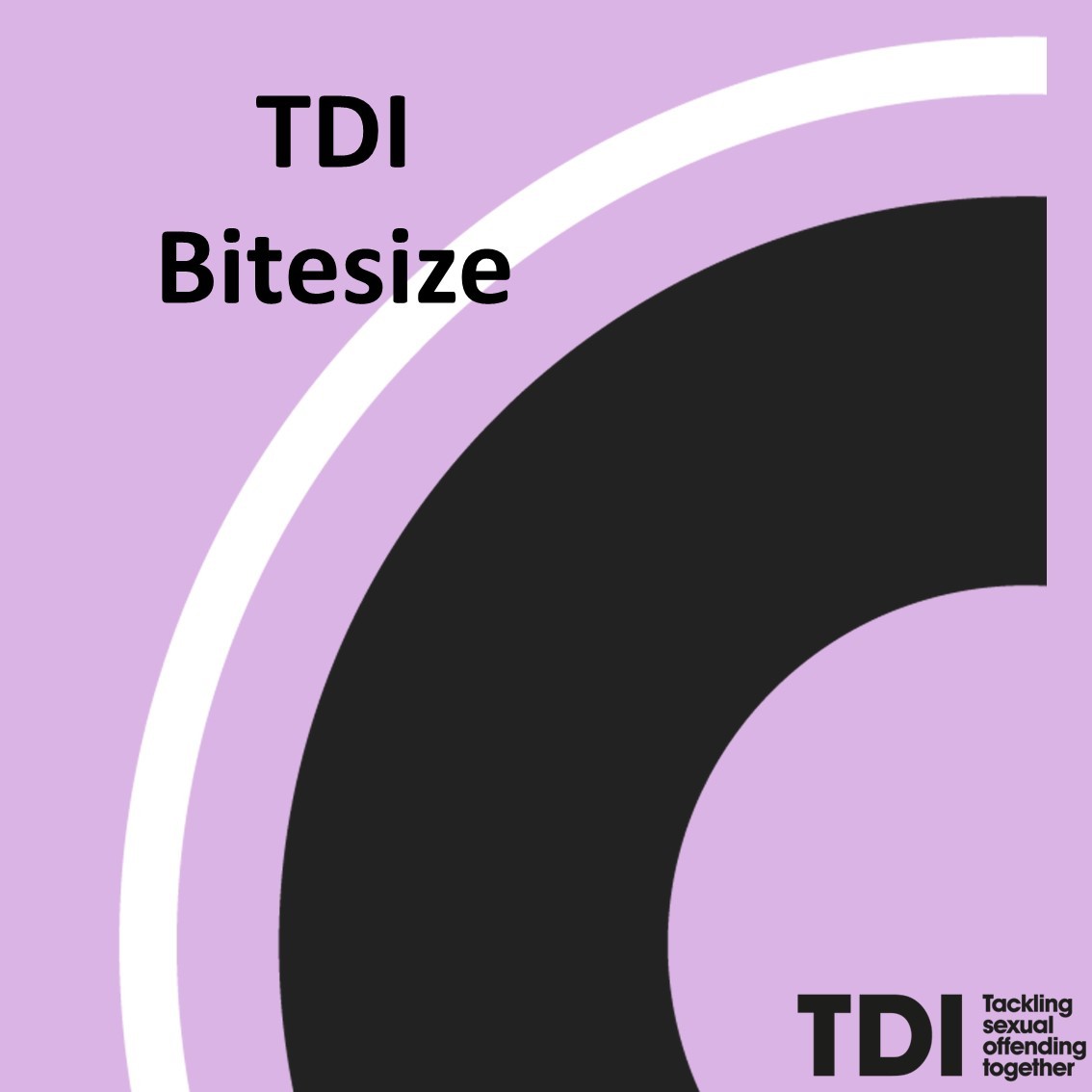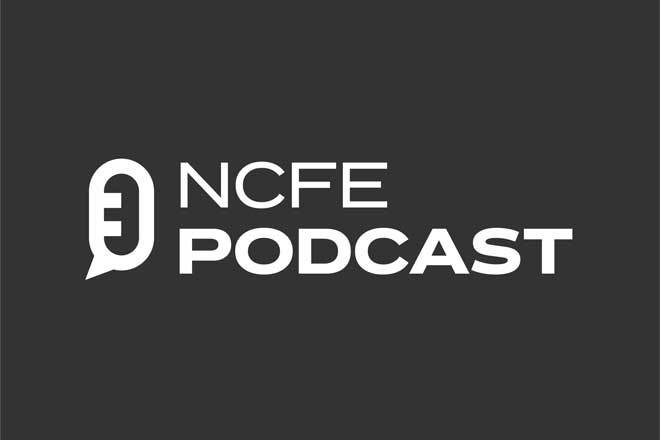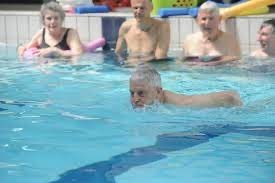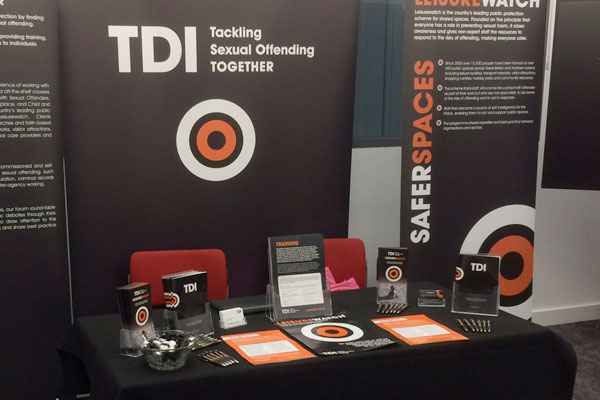The TDI Bitesize series of training sessions cover a set of topics and issues around sexual offending and sexual harm prevention. They build on the Explainer series of information sheets, offering coverage in more depth.
The sessions are pre-recorded videos, hosted by Matt, TDI’s Head of Research. Each lasts about an hour, and has an accompanying exercise to be done in the middle. Each is self-contained, so they can be taken individually or in any combination.
In terms of content, these sessions sit between the simplicity of the Explainers and our remotely-delivered and bespoke training courses. They are suitable for those working with, or interested in understanding, sexual offenders and sexual harm and who feel they needed a little more than our Explainers offer them.
Free access if you follow this link for your personal code
https://www.tdi.org.uk/blog/free-access-for-sexual-violence-and-harassment-training/


